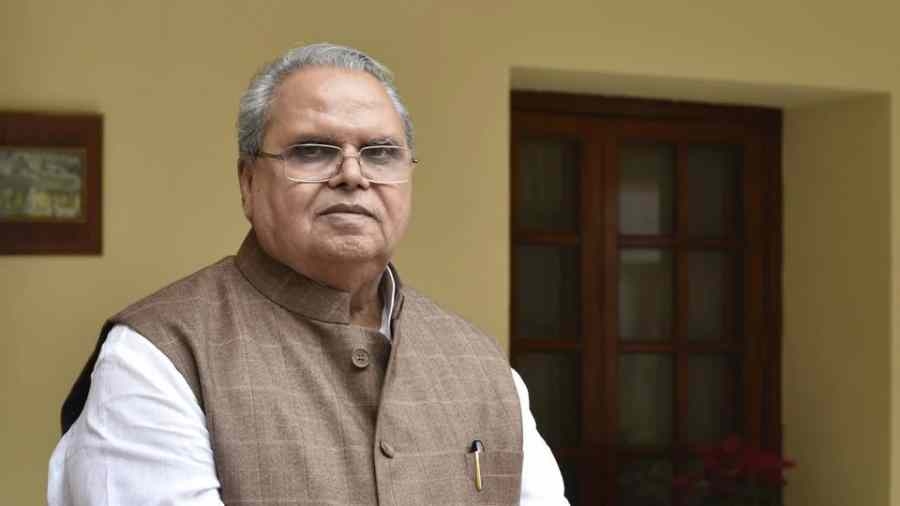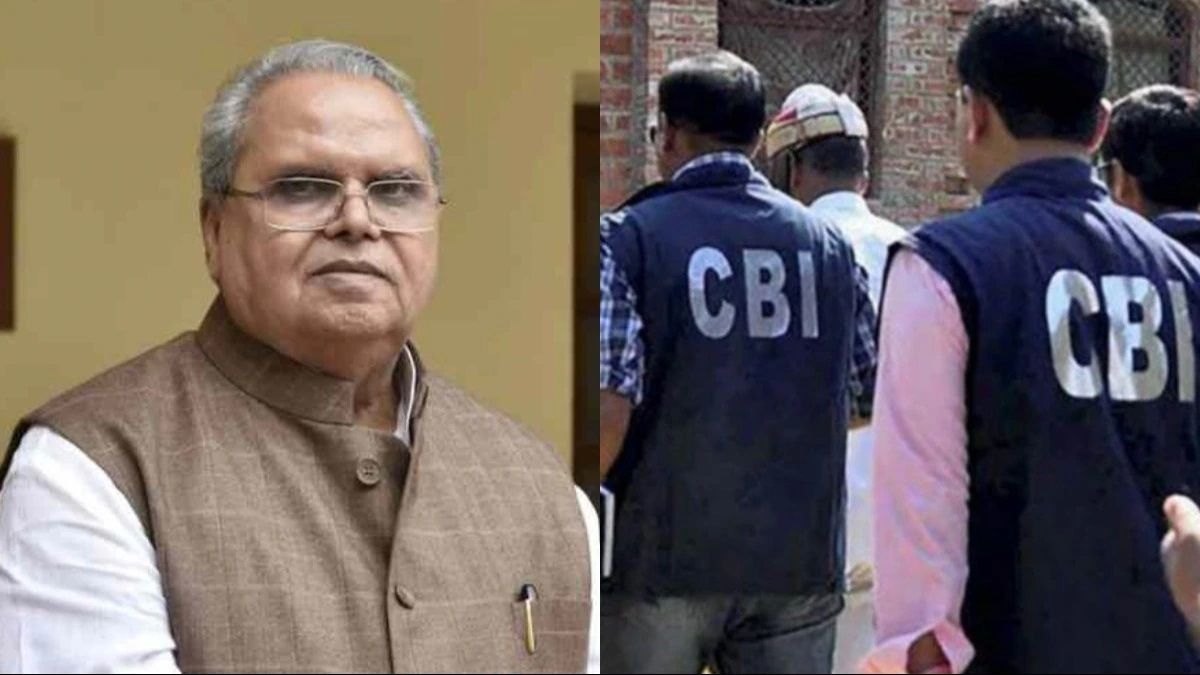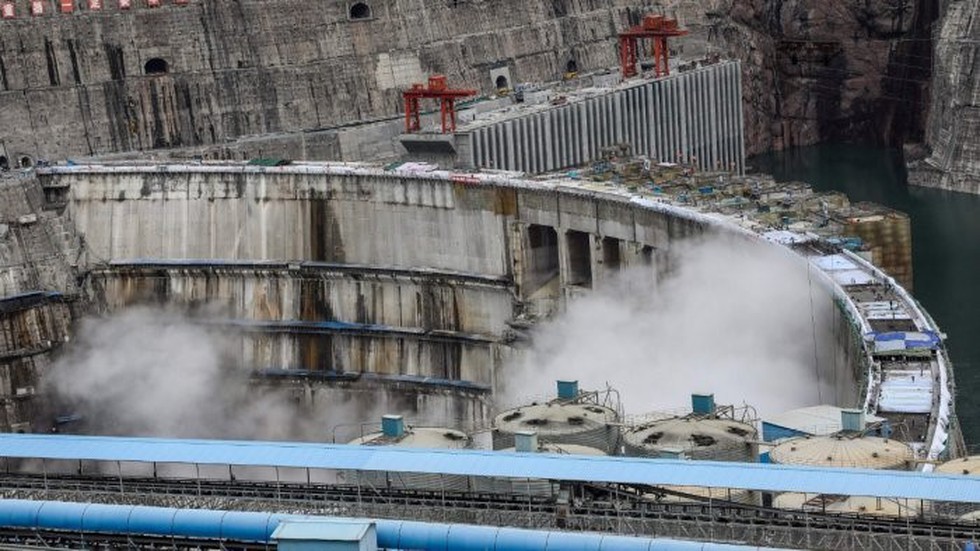Table of Contents
Raid at Satya Pal Malik’s House
Jammu And Kashmir’s ex governor Satya Pal Malik’s Delhi home has been raided by the Central Bureau of Investigation. 29 other locations were met with the same fate, having been linked with the Kiru hydropower project corruption case.
Allegations Surrounding the Kiru Hydropower Project
The Central Bureau of Investigation (CBI) conducted searches in Delhi and Jammu and Kashmir regarding suspected irregularities in the tendering process for civil works related to the Kiru Hydroelectric Project managed by the Chenab Valley Power Projects (P) Limited (CVPPPL).
Satya Pal Malik conveyed that he had been unwell for the past 3-4 days and had been admitted to a hospital. Despite this, he mentioned that his house was being raided by the dictator through government agencies.

He added that his driver and assistant were also being raided and harassed unnecessarily. Satya Pal Malik asserted that he hailed from a farming family and declared that he would not be afraid of these raids. He expressed his solidarity with the farmers.
The case was initiated based on a referral from the Jammu and Kashmir government, alleging involvement of Navin Kumar Choudhary, an IAS official and former Chairman of CVPPPL, along with other officials and the Patel Engineering Company.
Allegations suggest that proper e-tendering procedures were not followed. Despite a decision to re-tender through e-tendering with reverse auction in the 47th board meeting of CVPPPL, it’s claimed that this decision was not implemented and was reversed in the 48th board meeting.
The project, valued at Rs 4,287 crore, has faced criticism due to accusations of substandard work and its inability to generate employment for local unemployed youth. An investigation by the ACB revealed that the project’s tender was initially revoked during the 47th Board Meeting of the CVPPPL. However, it was subsequently reinstated during the 48th Board Meeting and eventually granted to Patel Engineering.
The project’s failure to meet quality standards and address local employment needs has further fueled controversy and public dissatisfaction. The probe sheds light on potential irregularities surrounding the project’s management and procurement practices, necessitating a thorough examination to ensure accountability and rectify any shortcomings.

Satya Pal Malik held the position of Governor of Jammu and Kashmir from August 23, 2018, to October 30, 2019. In 2020, during an interview, he revealed that he was offered a bribe of INR 300 crore to approve two files when he was serving as the Governor. One of these files was related to the Kiru HydroElectric Power Project.
The Kiru HydroElectric Power Project is a run-of-the-river power project located in Kishtwar district, Jammu and Kashmir, India. It is being developed by Chenab Valley Power Projects Private Limited (CVPPPL), which is a joint venture between the NHPC (National Hydroelectric Power Corporation) and the Jammu and Kashmir State Power Development Corporation (JKSPDC).
Implications and Ongoing Investigation
Previously, the Central Bureau of Investigation (CBI) had announced that it registered a case regarding purported malpractices in awarding a contract valued at around ₹2,200 crore for the civil works of the Kiru Hydro Electric Power Project (HEP) to a private firm in 2019.
Subsequently, the agency pressed charges against Navin Kumar Chaudhary, the former chairman of the Chenab Valley Power Projects (P) Ltd., as well as former officials M.S. Babu, M.K. Mittal, and Arun Kumar Mishra, along with Patel Engineering Ltd.

The CBI raids on Satya Pal Malik’s Delhi residence and other linked locations regarding the Kiru hydropower project corruption case highlight grave allegations of irregularities. Malik’s claim of illness during the raids adds complexity, questioning the timing and handling of the investigation. Allegations of substandard work, failure to provide local employment, and bribery accusations further underscore systemic issues.
The reinstatement of the project tender despite earlier cancellation raises concerns about transparency. The ongoing probe is crucial for uncovering the truth and ensuring accountability. Cooperation from all parties involved is essential to uphold integrity and justice in public project management.



